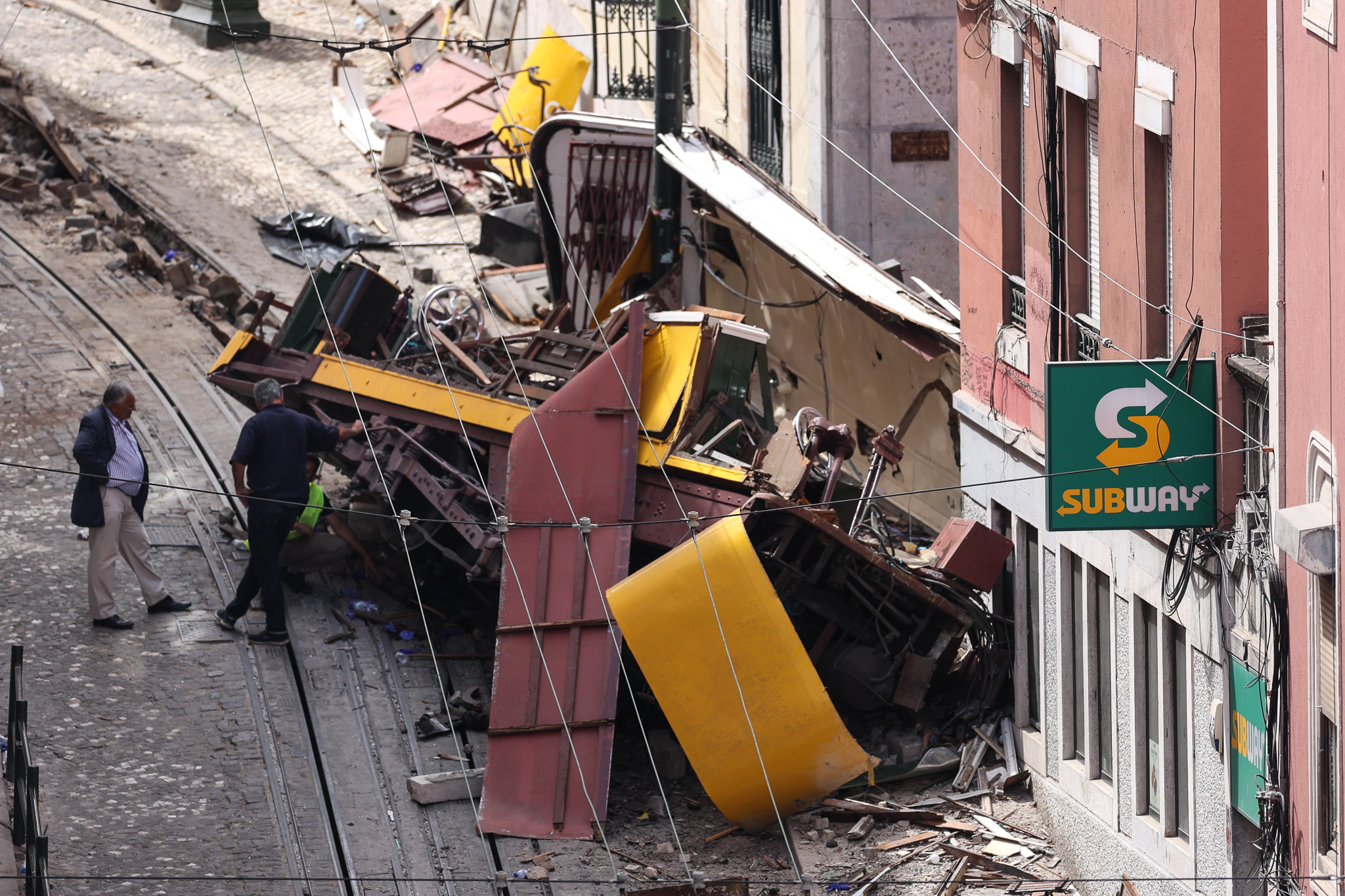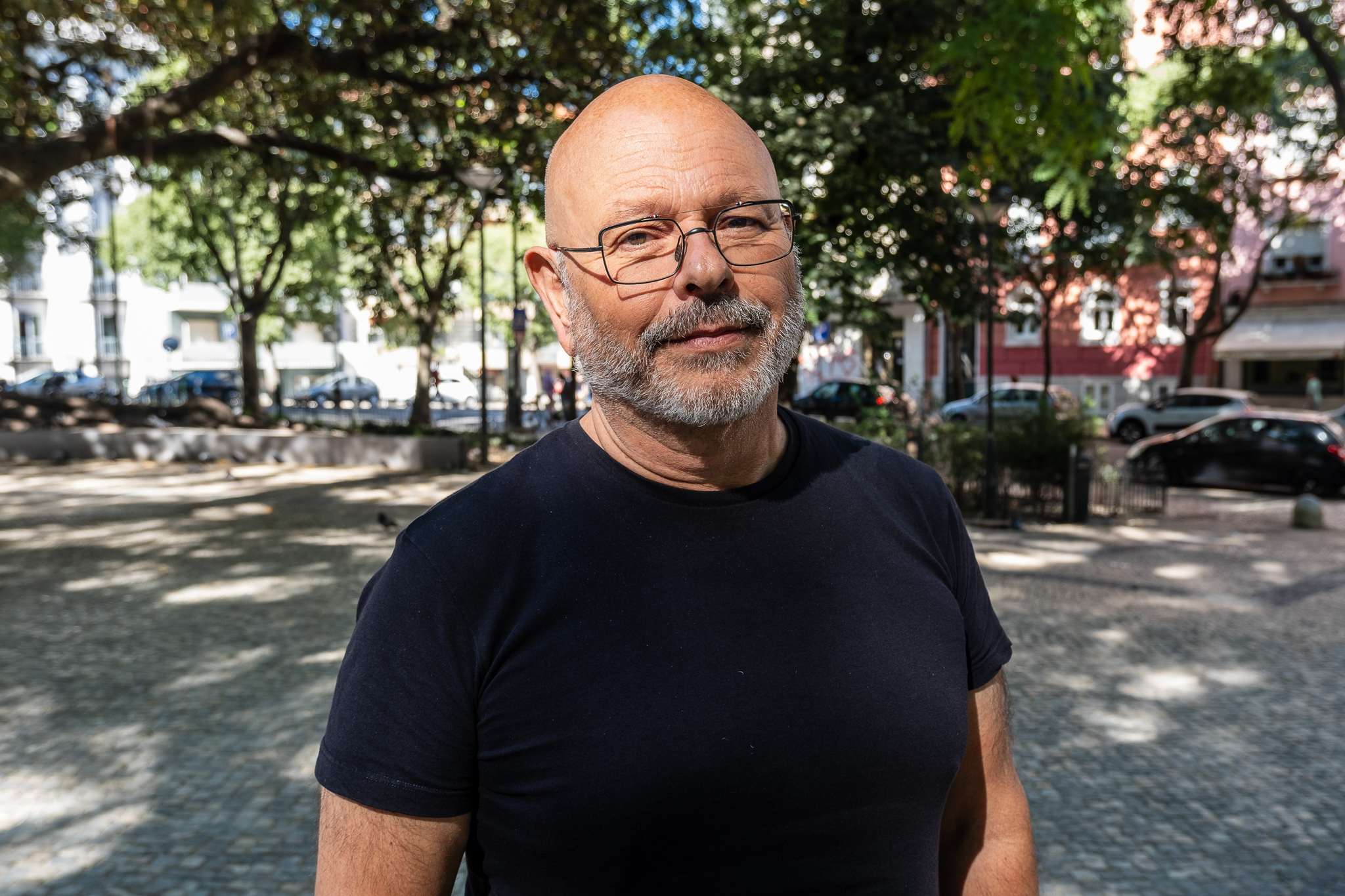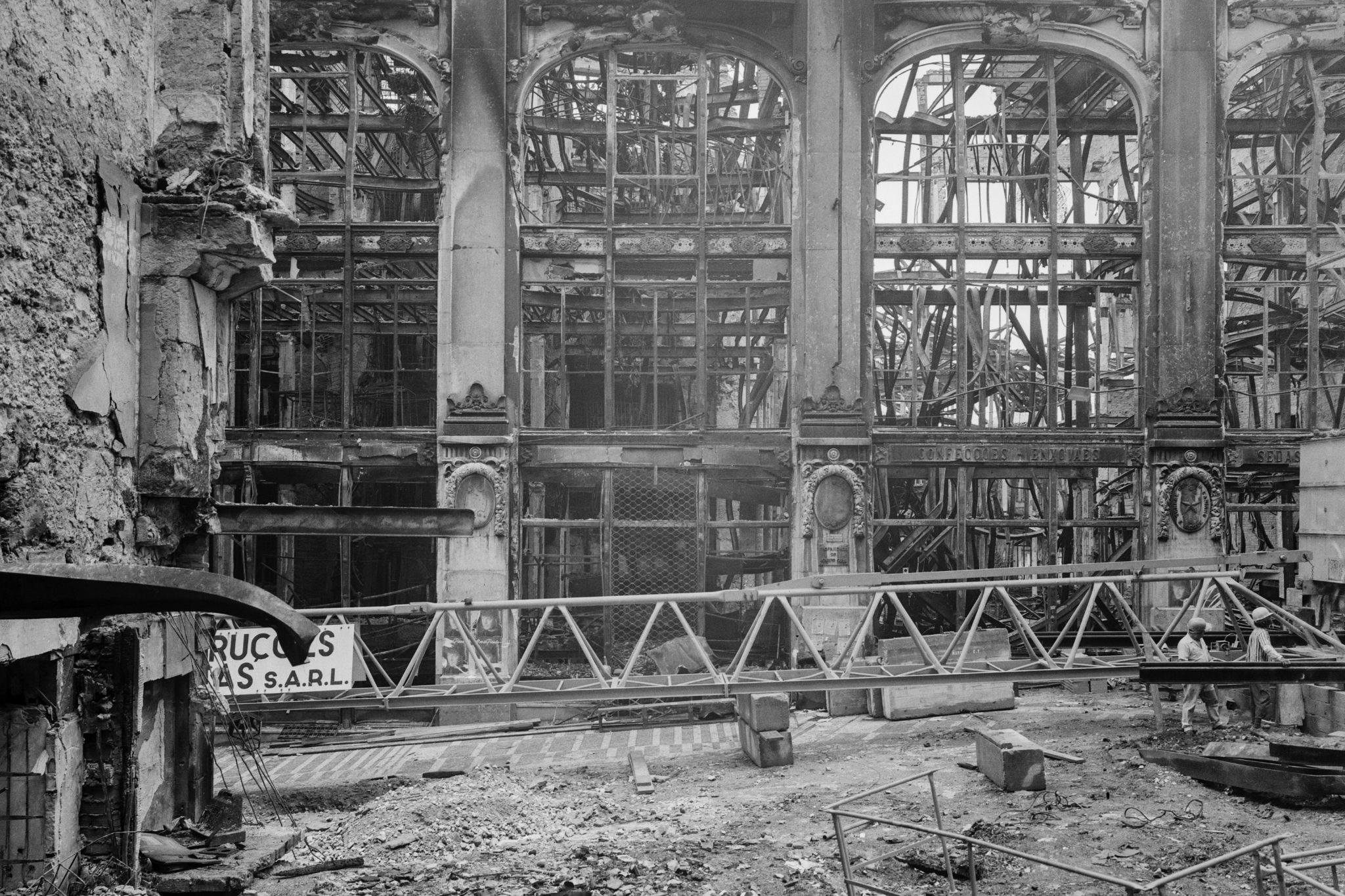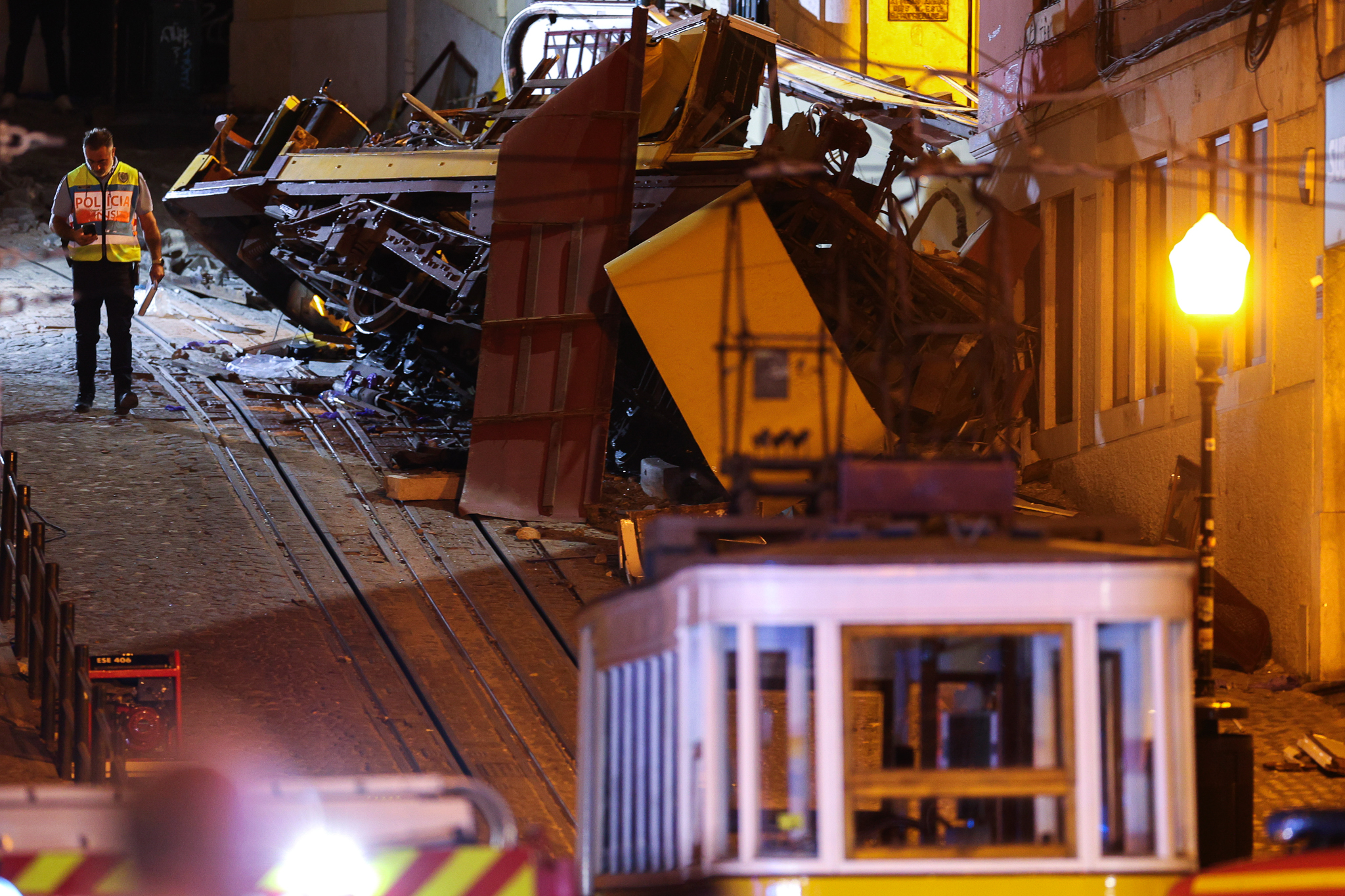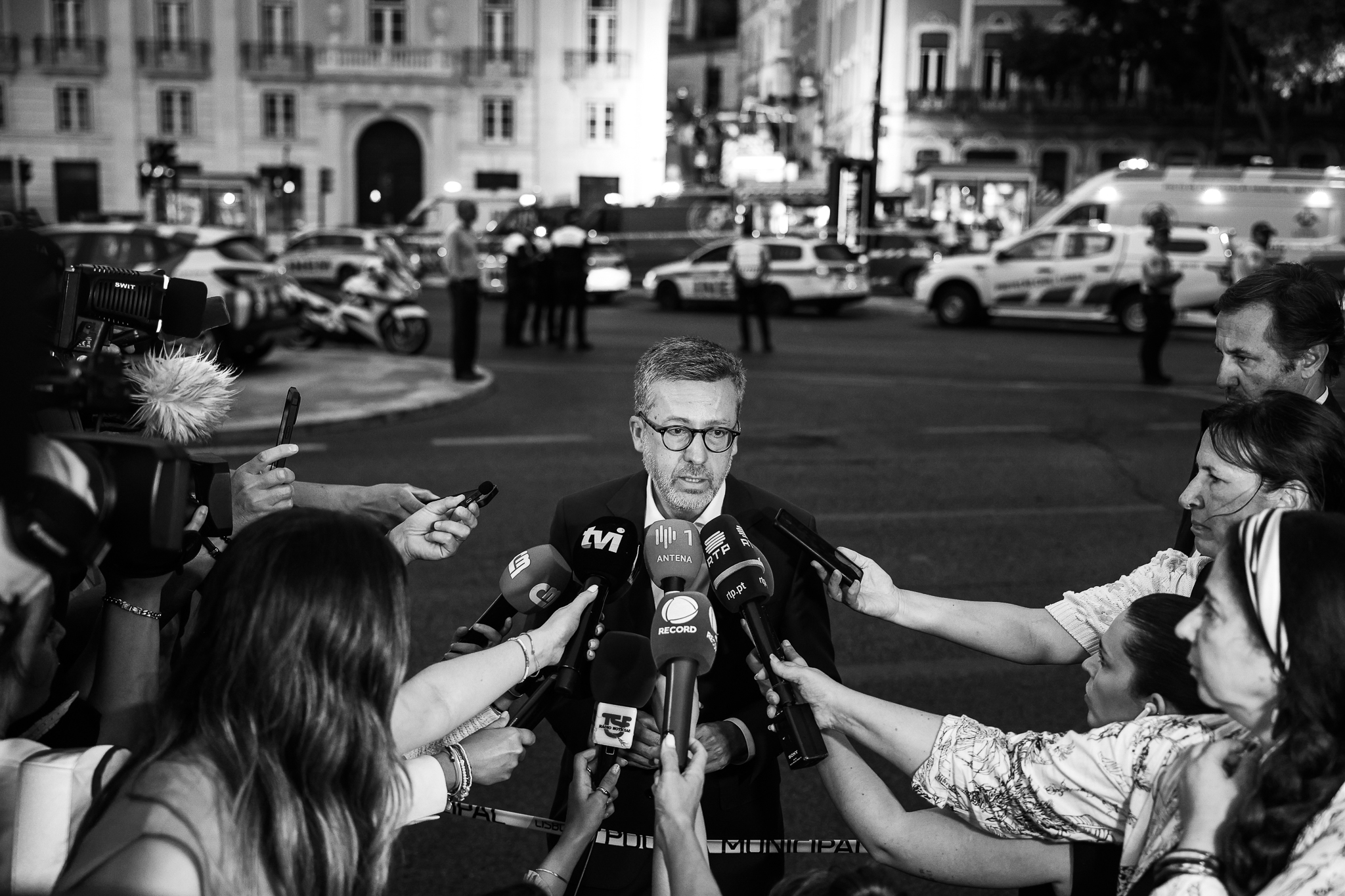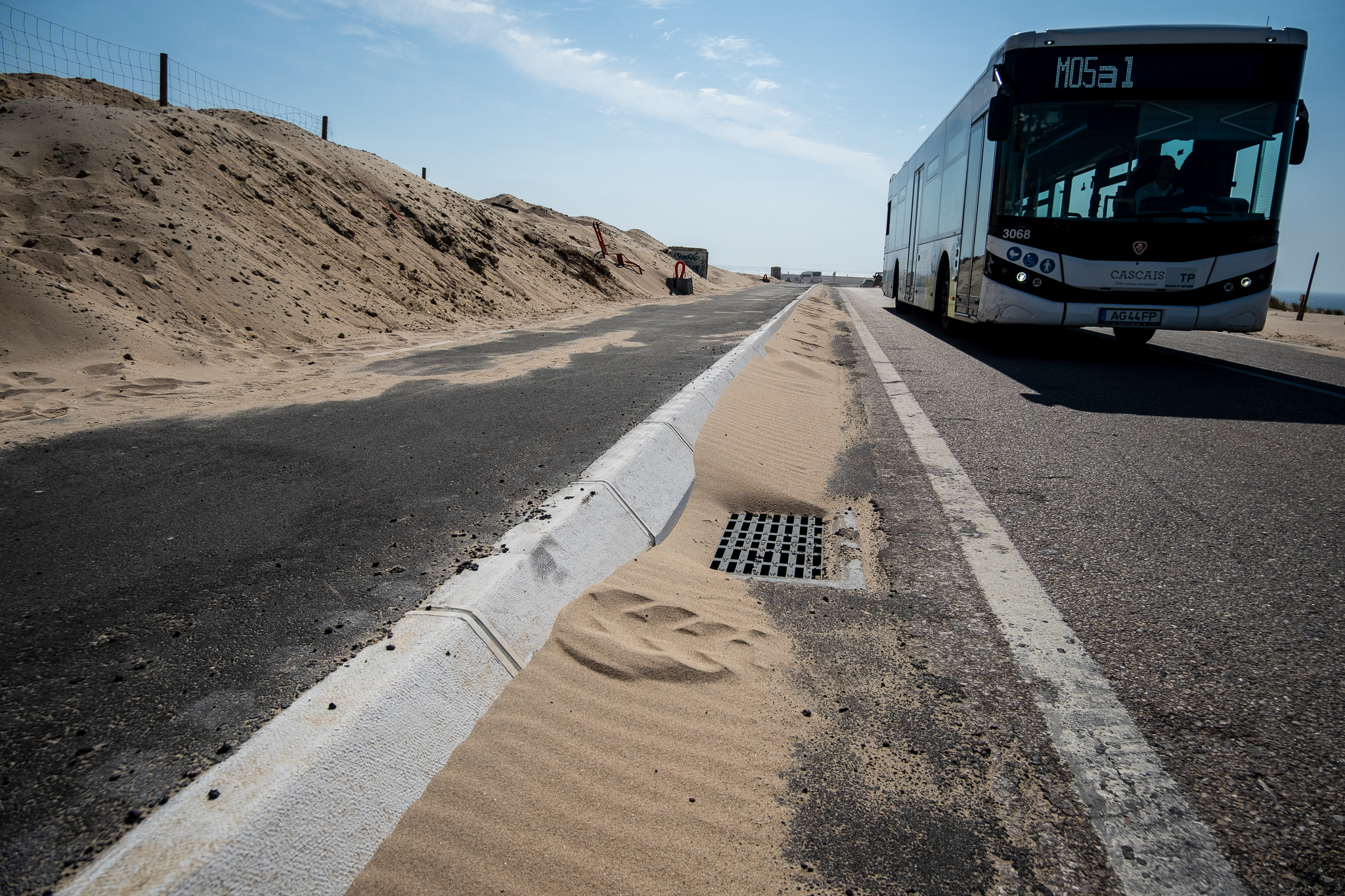The Lisbon Metropolitan Area (AML) argues that public transport on the River Tagus should be transferred to the metropolitan area, and is "naturally available" to evaluate the best process and timetable for this transfer.
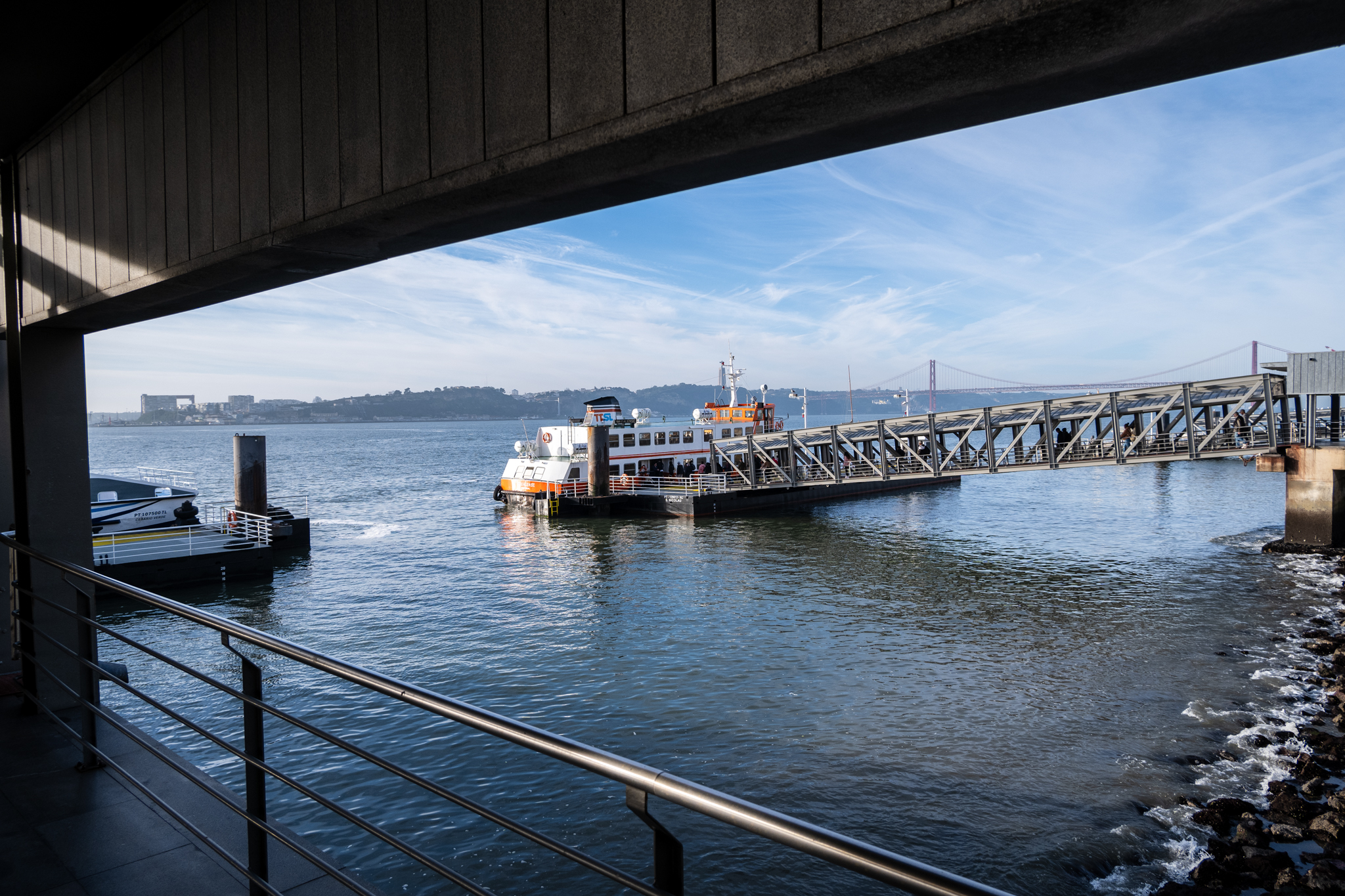
River passenger transport, provided by TTSL (Transtejo Soflusa), may be transferred to the Lisbon Metropolitan Area (AML). The subject was discussed at this week's meeting of the Metropolitan Council, the deliberative body of the AML, which is made up of the mayors of the 18 municipalities. At this meeting, Carla Tavares, President of the Metropolitan Council, informed the Presidents, Vice-Presidents and Councillors present of the the government's intention - currently under management - to transfer the management of river passenger transport on the Tagus to the metropolitan sphere.
In a statement shared after the meeting, AML said "I am naturally available to assess the best process and timetable for the transfer of river transport to its management"and points out that "it is important that this transfer is made in a non-disruptive, sustainable and sustained way, through a well-framed transition of teams, adequate fleets and concrete solutions for financial liabilities".
The transfer of river transport to the metropolitan area had been considered a fundamental territorial planning measure at the first Summit of the Metropolitan Areas of Lisbon and Porto, which was held in March 2018; at the time, it was considered that the metropolitan areas should have progressive responsibility for modes of transport in their territory. AML currently manages public road transport through its company, Transportes Metropolitanos de Lisboa (TML) and the "Carris Metropolitana" brand.
Manage boats like buses
With the exception of Lisbon, Cascais and Barreiro, which decided to keep their respective municipal bus operators, it is Carris Metropolitana that serves the remaining 15 municipalities, as well as the inter-municipal connections between the entire metropolitan area. On the ground, this operation is carried out by four private companies under concession - Viação Alvorada, Rodoviária de Lisboa, TST and Alsa Todi - but the management is public and centralized in TML.
In the case of river transport, this is currently the responsibility of the government, through its Ministry of the Environment. TTSL (Transtejo Soflusa) answers to this ministry. In the case of metropolitan management, we could have TTSL reporting to TML or being integrated into it. What is certain is that with river passenger transport in the AML sphere, the government would only have the metropolitan systems - the Lisbon Metro and the MTS concession - and rail transport - CP's urban services and the Fertagus concession.
However, the government is under managementThis means that it is limited to actions that are strictly necessary. This means that António Costa's Executive has no restrictions on its actions, as long as it justifies the need, for example, as being unavoidable. On the other hand, the Assembly of the Republic is dissolved since January 15thIt also operates on a minimum service basis.
In this political context, it is expected that a decision on public river transport will depend on the next government, which will be formed from the parliamentary composition that emerges from the March 10 vote. In other words, the next government may or may not follow through on the current one's desire to transfer TTSL to TML.
New financing program
During the meeting, the new public transport funding program, "Incentiva +TP"which is included in the STATE BUDGET 2024It replaces two previous programs. This new program is financed through carbon taxes, with a national value of 360 million euros, and strengthens the autonomy of transport authorities, such as AML, by introducing mechanisms that allow for predictable revenue.
In a statement, AML said this new program "strengthens the financial capacity of transport authorities to pursue their activities, not only in terms of tariffs, but also in terms of improving the public transport offer and other actions aimed at improving the transport ecosystem". "The Lisbon Metropolitan Area is sure that this is the best way to attract more passengers and to change the modal split in favor of more environmentally friendly modes, and thus ensure that transport meets its share of the environmental and energy objectives stipulated at regional and national level."he adds.
However, the inter-municipal entity, which looks at the Lisbon Metropolitan region as a whole, has a warning: "the amounts involved, although they have increased, must be evaluated to accompany the functions and tasks that the Lisbon Metropolitan Area and other transport authorities aspire to do to promote public transport". And in that sense, "it is important to evaluate the externalities of the transport ecosystem, which will serve to demonstrate that this investment in public transport translates into very significant gains in people's quality of life".
This was the first meeting of 2024 of the Lisbon Metropolitan Council, the AML's deliberative body. It is chaired by Carla Tavares, who is also the Mayor of Amadora, with Hélder Sousa Silva, who leads the Mafra City Council, and Frederico Rosa, who chairs the Barreiro City Council, as vice-presidents. Sitting on the Council are mayors of the 18 AML municipalities: Alcochete, Almada, Amadora, Barreiro, Cascais, Lisboa, Loures, Mafra, Moita, Montijo, Odivelas, Oeiras, Palmela, Seixal, Sesimbra, Setúbal, Sintra and Vila Franca de Xira.

